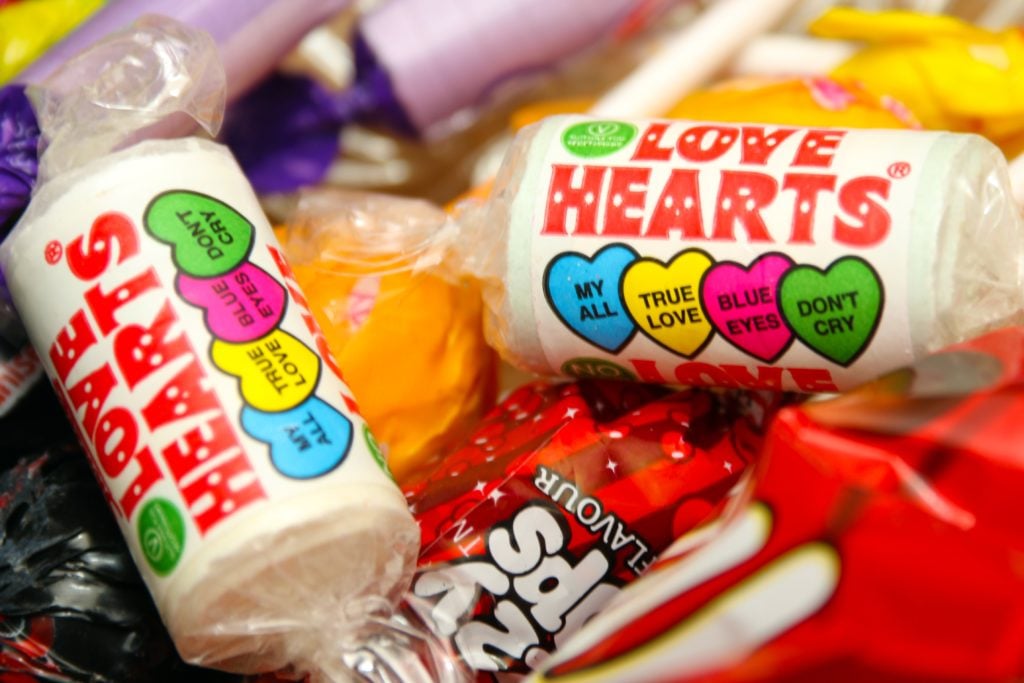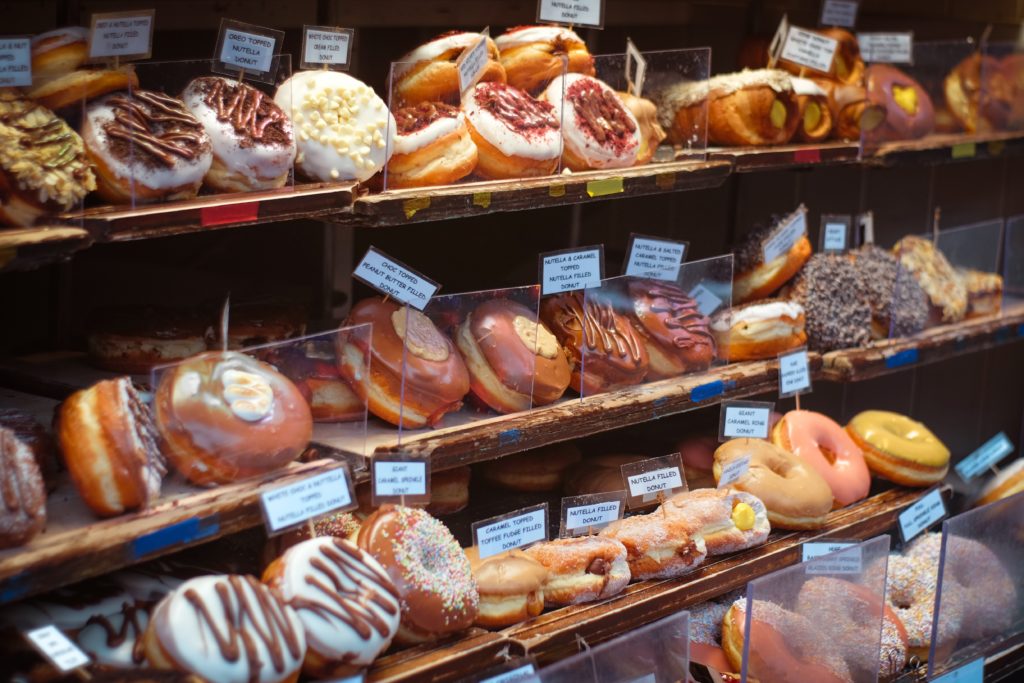How will the TFL Junk Food ban impact brands and advertisers?
In a bid to tackle childhood obesity a ban on junk food advertising supported by the mayor of London has come in to force across the entire Transport for London (
Starting Monday 25th January 2019, advertisements that promote food and drinks considered high in fat, sugar and salt (HFSS) under the Food Standard Agency’s Nutrient Profiling Model (NPM), both directly and indirectly, will be banned from the

This network spans the entirety of London covering the Underground, Overground, Buses, TFL rail, Docklands Light Railway, Tram and River services, The Emirates Air Line cable car, Taxis
- Ads where food and non-alcoholic drinks are the mean
feature – even if this includes a mix of food products. - Food distribution ads where no food or non-alcoholic drinks is featured – brands will only be allowed to serve ads if they promote food choices that
meets with theTFL guidelines. - Ads where food and drink is not the main
feature, but is shown ‘incidentally’. - Ads where food and non-alcoholic drink is referenced graphically or via text.

Why has the junk food ban been put into place?
The ban has been put in place to encourage brands to promote healthier food choices. It is considered the brand or advertiser’s responsibility to demonstrate that they are not promoting HFSS products before they submit their advertising to the TFL and advertising partners.
What if a brand already has a contract running with TFL?

Fear not, if you have an existing advertising contract with TFL any non-confirming creative will be allowed to run until your contract has expired. Further, advertisers have been provided with the opportunity to seek exemption due to limited ‘unintended consequences’, if the product is not aimed at children.
So, have TFL paved the way for a new, healthier, advertising revolution? Only time will tell.
For further information on nutritional profiling you can visit the Department of Health website.
Advertisers should also talk to TFL and its advertising partners before submitting their ads to ensure they are compliant. Any additional questions regarding the ban can be directed to TfLHFSSQueries@tfl.gov.uk.


